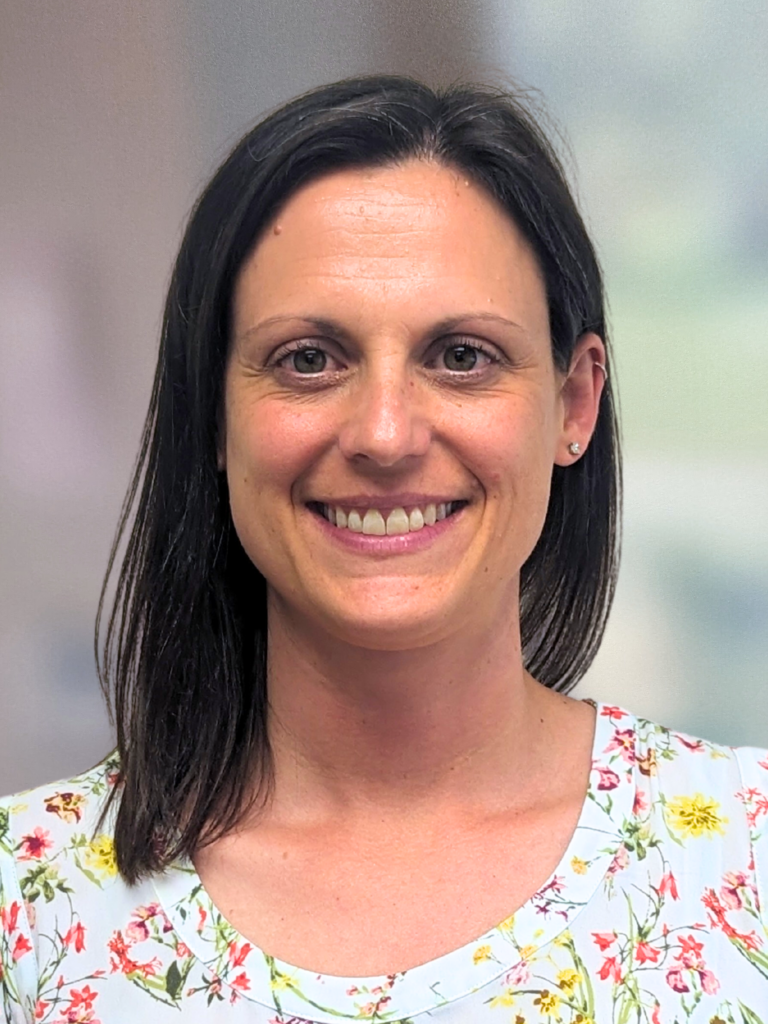Obsessive-compulsive disorder, or OCD, is a serious and sometimes misunderstood mental health problem. You may have heard people say things like “It’s my OCD” or “I’m so OCD” when talking about wanting to have a clean home or a consistent routine. While this is a common way of thinking about OCD, the disorder is much more complicated and serious than having a strong preference for order or cleanliness. OCD will affect 1.5% of women and 1% of men at some point in their lives, so while it’s not as common as some other mental health issues, it’s very likely you know someone who has or will deal with OCD.

OCD Involves Two Main Symptoms: Obsessions and Compulsions
Understanding Obsessions and Compulsions
Obsessions are upsetting and distressing thoughts, images, or urges that pop into someone’s head out of nowhere. They usually happen over and over, and can cause the person to feel disgusted, like they have done something wrong, or like things are not complete. The thoughts can be very disturbing and feel overly powerful or important. They usually do not line up with the person’s beliefs, values, or normal way of thinking. These can even be thoughts of wanting to hurt oneself or others. The person will often have the urge to stop the thoughts by ignoring them or doing something to cancel them out. This can turn into compulsions.
Compulsions are the rituals or actions a person does to stop the anxiety or distress that comes from obsessions. One person may feel compelled to wash their hands to stop obsessive thoughts about germs. Another person may need to rewrite a sentence until it “feels right” or flip a light switch three times to prevent something terrible from happening. Sometimes a person will have very rigid rules that they must follow. Compulsions can also be things a person does in their head, like counting, reciting prayers, or repeating words.
How OCD Manifests
OCD can manifest a lot of different ways. People can have obsessions and compulsions about needing things to be in a certain order, fear of germs or dirt, forbidden or taboo thoughts or images, or the need to stop something bad from happening. The symptoms can become so severe that they take over a person’s life, making it very difficult to work and have healthy relationships. OCD usually starts in childhood or adolescence but can also start in adulthood. Symptoms can wax and wane throughout a person’s life, and may become worse during times of high stress, such as after a significant life change or loss.
The Importance of Getting Help
While OCD can be overwhelming, both to the person who is dealing with the symptoms and their family and friends, the good news is that OCD symptoms can improve with treatment. If you suspect that you or a loved one is struggling with OCD, the first step in getting help is to meet with a licensed mental health clinician for an evaluation. Primary care providers can refer to local mental health providers who are trained in diagnosing and treating OCD.
Diagnosing OCD
OCD is typically diagnosed by a psychiatrist, psychologist, psychiatric nurse practitioner, or therapist. The clinician conducts a thorough interview and asks many questions to figure out what symptoms the person is having and how they are impacting their life. They may use screening tools, like the Yale-Brown obsessive-compulsive scale, to help gather information and determine the severity of symptoms. Clinicians diagnose OCD using the criteria in the American Psychiatric Association’s Diagnostic and Statistical Manual of Mental Disorders, Fifth Edition. Once a diagnosis is made, the clinician will work with the client to develop a treatment plan.
OCD Treatment Options
OCD is treated with a combination of specialized therapy and medications. Typically, a licensed clinical social worker or a licensed professional counselor provides therapy. Cognitive behavioral therapy can be very effective for OCD and is a good place to start. Cognitive behavioral therapy for OCD includes education, exposure and response prevention, and cognitive therapy. During exposure and response prevention, the therapist exposes the client to situations that trigger obsessive thoughts while they practice stopping the compulsive actions. Sometimes a client is exposed to a mild version of the actual trigger and sometimes they imagine the trigger. Cognitive therapy is used to challenge thoughts that are making the OCD symptoms worse.
Medications for OCD
Medication is typically prescribed and managed by a psychiatrist or a psychiatric nurse practitioner. The provider works with the patient to determine which medication is the best option for them. They will consider side effects, drug interactions and past medication responses. Selective serotonin reuptake inhibitors (SSRIs) and clomipramine are medications that can help decrease symptoms of OCD. Adding neuroleptics, like risperidone, can boost the effects of the SSRIs or clomipramine. Transcranial magnetic stimulation and deep brain stimulation are also possible treatment options for OCD if it does not improve with medications and therapy. It can take time to figure out the right treatment.
Hope for Those Living with OCD
OCD can be a very challenging disorder to live with, and affects many people. Treatment helps decrease the obsessive thoughts and compulsive actions a person experiences and helps them respond to obsessive thoughts in healthy ways. Therapy can help decrease OCD symptoms by 50-70% and the combination of therapy and medications is more helpful than either one alone. The first step to schedule an evaluation is often the hardest. While it takes time and hard work, there is great hope for healing for those with OCD.

Andrea Allen, PMHNP, is a certified Psychiatric Mental Health Nurse Practitioner working with clients in outpatient therapy and patients in the Adult Partial Hospitalization Program on Brook Lane’s main campus. She received a Bachelor of Science in nursing from Eastern Mennonite University, Harrisonburg, VA and a Master of Science in nursing for her Psychiatric Mental Health Nurse Practitioner certification from Shenandoah University, Winchester, VA.

